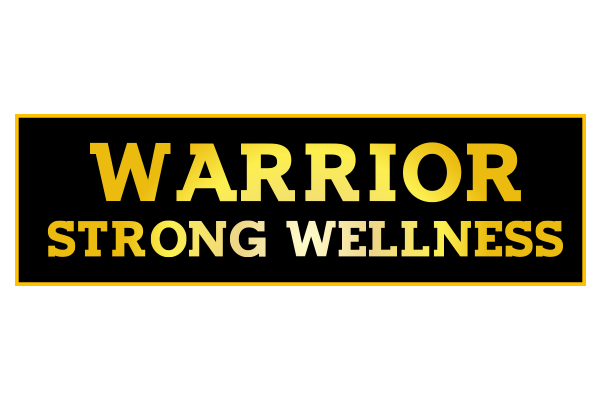Our bodies need a certain amount of cholesterol, but if it becomes too much, it could lead to plaque and clogging of arteries, elevating your risk of heart disease. There are three components: LDL – low-density lipoproteins, also known as ‘bad’ cholesterol, HDL – high-density lipoprotein, or ‘good’ cholesterol, and triglycerides. You need to maintain your cholesterol levels within these ranges:
- Total cholesterol level – Less than 200 mg/dl
- LDL – Less than 100 mg/dl; 100-129 mg/dl is close to the optimal
- HDL – above 60mg/dl
- Triglycerides – less than 150 mg/dl
If your cholesterol levels are not within these ranges, you need to work at getting there quickly. The ways to reduce cholesterol involve diet change, exercise, and superfood powder supplements.
- Get Moving: 30 - 60 minutes of working out every day will help you burn fat quicker. Aerobics, weight training, swimming and yoga can help keep fat from building up.
- Eat more whole grains: Switch to whole wheat or multigrain bread, wheat pasta, whole-grain cereals and so on, instead of the refined ‘white’ flour based breads, pastas and cereals. Oats, barley, quinoa, and brown rice are great choices.
- Let freshness reign: Make sure you eat plenty of fresh fruit and veggies, like apples, grapes, citric fruits, aubergene, sweet potato, okra, and so on.
- Pile up on beans and legumes: All kinds of beans and legumes like garbanzo, chickpeas, cowpea, lentils, kidney beans, and so on – basically plant based protein – are great for bringing down your cholesterol levels.
- Get fibrous: Oatmeal, psyllium husks, potatoes, apples, mangoes, raspberries, flax seeds and other produce that contains fiber, is a must-have. Fiber dissolves in water to produce a gel-like substance that help lower cholesterol as well as sugar levels.
- Cut back on the meat: Beef, pork, and lamb – the red meats – are high in fat, and can cause your cholesterol levels to rise. Keep it to a minimum, and switch to lean white meats instead.
- Something fishy: Eat oily fish to get your dose of healthy Omega-3 fatty acids, which elevate your ‘good’ cholesterol - HDL, and help reduce LDL.
- Monounsaturated Fats: You need these to raise your HDL; you can get it in avocado, coconut, olives and olive oil, and nuts like almonds, walnuts, pecans, Brazil nuts and macadamia nuts.
- Use a good nutritional supplement: organic Ashwagandha capsules from Warrior Strong Wellness can help regulate your cholesterol levels. It is a pure product free from any additives or allergens. Ashwagandha is an ancient medicinal herb with many health benefits.



